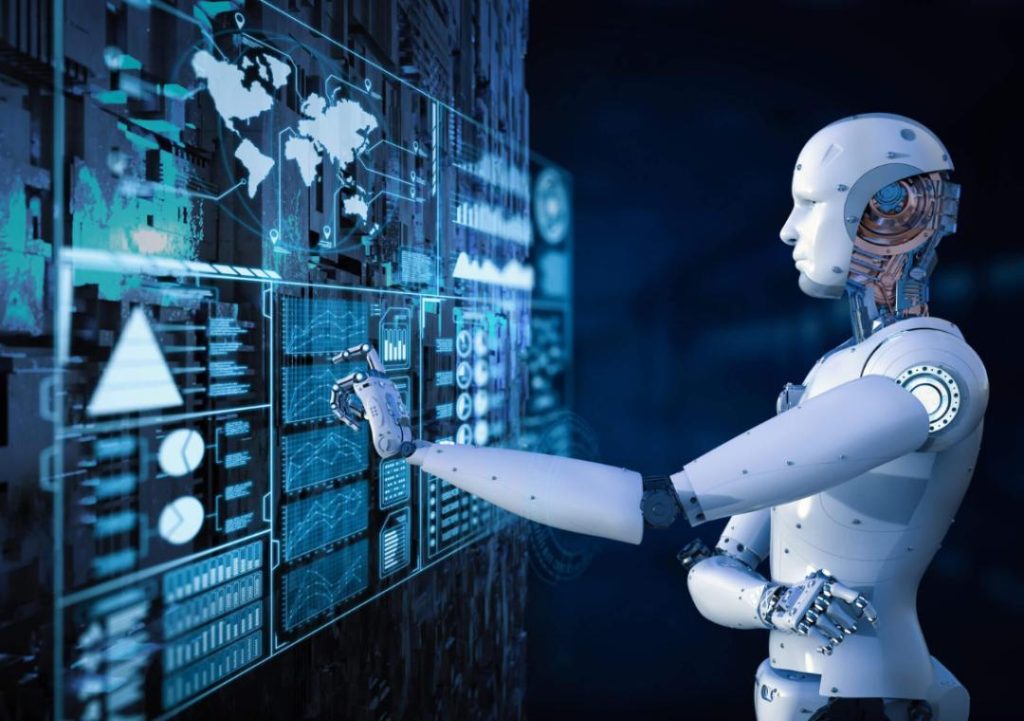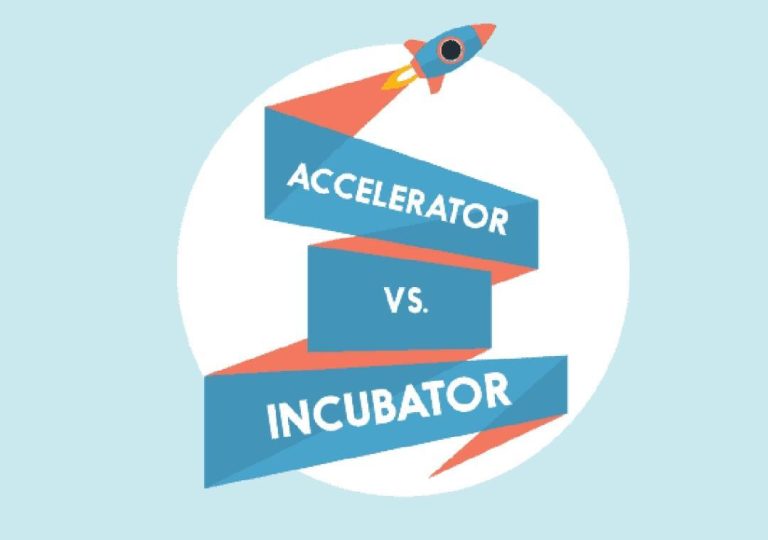
AI & Automation: The Productivity Power Duo
In today’s fast-paced business landscape, every minute counts. Companies are constantly seeking ways to streamline processes, increase efficiency, and free up human resources to focus on high-value tasks. The answer lies in the powerful combination of Artificial Intelligence (AI) and Automation. Together, they form a dynamic duo that’s revolutionizing the way businesses operate.
What is Intelligent Automation?
Intelligent automation is the fusion of Robotic Process Automation (RPA) with Artificial Intelligence (AI). RPA involves using software robots to automate repetitive, mundane tasks, freeing up human workers to focus on more strategic activities. AI, on the other hand, enables machines to learn from data, recognize patterns, and make decisions. When combined, intelligent automation enables bots to handle routine tasks while machine learning tackles complex decisions.
The Benefits of Intelligent Automation
The synergy between AI and automation brings numerous benefits to businesses. Some of the most significant advantages include:
- Faster Transactional Work: Intelligent automation accelerates transactional work, such as data entry, customer service, and bookkeeping, allowing human teams to focus on higher-value tasks.
- Process Adaptation: AI-powered automation enables processes to adapt to new patterns and changes in real-time, ensuring that businesses remain agile and responsive to changing market conditions.
- Enhanced Decision-Making: Machine learning capabilities enable AI to analyze vast amounts of data, identify trends, and make informed decisions, empowering businesses to make data-driven choices.
- Improved Accuracy: Automation reduces the likelihood of human error, ensuring that tasks are completed accurately and efficiently.
- Increased Employee Productivity: By automating routine tasks, intelligent automation frees up human employees to focus on more strategic and creative work, leading to increased productivity and job satisfaction.
Industry Applications of Intelligent Automation
Intelligent automation is not limited to a specific industry or sector. It has far-reaching applications across various sectors, including:
- Finance and Banking: Automation can streamline tasks such as data entry, account reconciliation, and customer onboarding, freeing up human resources to focus on high-value activities like financial analysis and portfolio management.
- Healthcare: Intelligent automation can assist with tasks such as medical record-keeping, claims processing, and patient data analysis, allowing healthcare professionals to focus on patient care and treatment.
- Customer Service: Automation can handle routine customer inquiries, freeing up human customer service representatives to focus on complex issues and high-value interactions.
- Supply Chain Management: Intelligent automation can optimize inventory management, logistics, and shipping, ensuring that products are delivered efficiently and on time.
- Manufacturing: Automation can streamline production processes, improving quality control, reducing waste, and increasing efficiency.
Implementation Best Practices
While intelligent automation holds immense potential, its successful implementation requires careful planning and execution. Here are some best practices to consider:
- Identify Automation Opportunities: Conduct a thorough analysis of your business processes to identify tasks that can be automated.
- Choose the Right Tools: Select the most suitable RPA and AI tools for your business needs, considering factors such as scalability, integration, and compatibility.
- Develop a Phased Implementation Plan: Implement intelligent automation in phases, starting with low-risk, high-impact tasks and gradually expanding to more complex processes.
- Monitor and Measure Performance: Regularly monitor and measure the performance of your intelligent automation solutions, making adjustments as needed to ensure optimal results.
- Train and Upskill Human Resources: Provide training and upskilling programs for human employees to ensure they can work effectively alongside automation and focus on high-value tasks.
Conclusion
Intelligent automation is a powerful combination of AI and RPA that’s revolutionizing the way businesses operate. By automating routine tasks, freeing up human resources, and enabling machine learning to tackle complex decisions, businesses can increase efficiency, productivity, and competitiveness. As the technology continues to evolve, it’s essential for businesses to stay ahead of the curve and leverage intelligent automation to achieve their strategic objectives.
Learn More:






